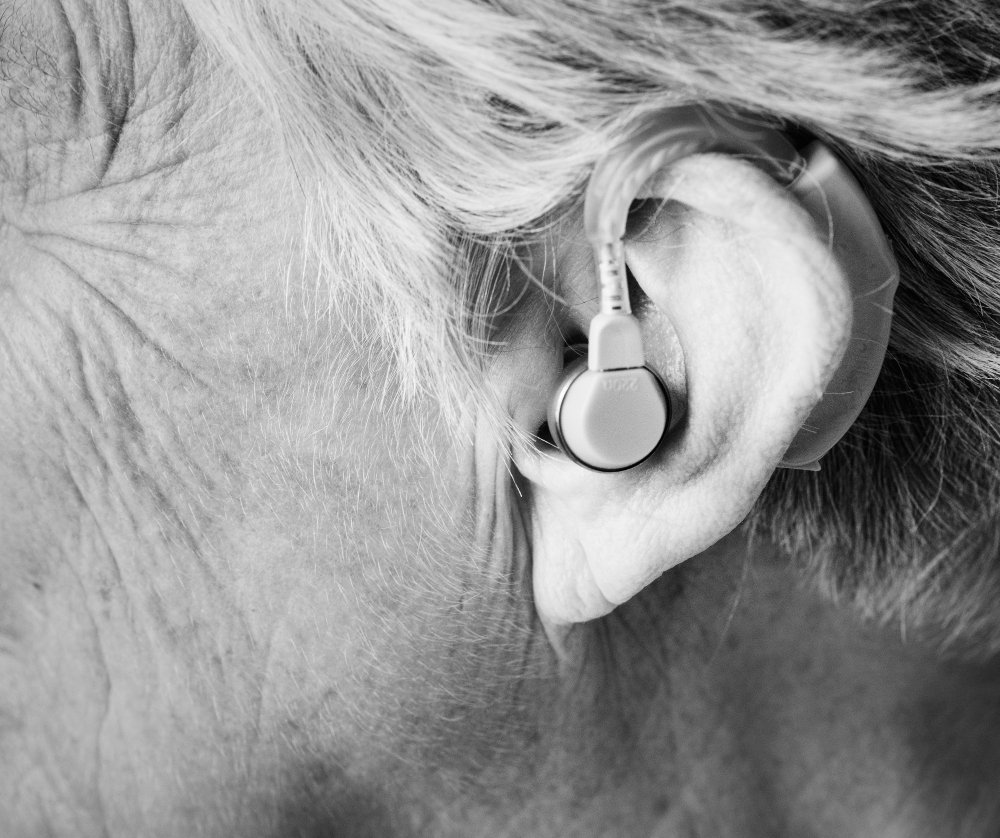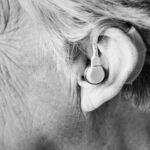Ménière’s syndrome is a chronic inner ear disorder that can significantly impact the quality of life of those who suffer from it. It is characterised by episodes of severe vertigo, hearing loss, tinnitus (ringing in the ears), and a sensation of pressure in the ear. While there is no definitive cure, there are various treatment options available to manage symptoms and improve the patient’s well-being.
If you have ever felt as though the world is spinning uncontrollably, accompanied by a persistent ringing in your ears and a decline in your hearing ability, this article will help you understand what is happening and what you can do about it.
What is Ménière’s Syndrome?
Ménière’s syndrome is an inner ear disease that affects the vestibular system, which is responsible for balance. It was first described in 1861 by the French physician Prosper Ménière, who observed that vertigo episodes were related to ear problems rather than brain disorders, as previously believed.
This condition usually affects only one ear, although in a small percentage of cases, it may eventually affect the other ear as well. It occurs in unpredictable episodes, making daily activities, work, and even social life difficult for those affected.
To understand Ménière’s syndrome, it is essential to know how the inner ear works. Inside, there is a system of fluid-filled canals called the membranous labyrinth, which is responsible for both balance and hearing. When this fluid (endolymph) builds up excessively, it disrupts the ear’s function, leading to the symptoms associated with Ménière’s disease.
Main Symptoms of Ménière’s Syndrome
Symptoms vary from person to person and may appear intermittently. Some individuals experience occasional episodes, while othersmay suffer frequent attacks that last for hours or even days.
Vertigo is the most debilitating symptom of the disease. It is characterised by a sensation of movement or spinning, even when at rest. It can last between 20 minutes and several hours and, in some cases, may be so severe that it causes nausea and vomiting. After an episode, the person may feel exhausted and require several hours to recover.
Another common symptom is fluctuating hearing loss. In the early stages of the disease, hearing loss may be temporary, but over time it can become permanent. It primarily affects low frequencies, making it difficult to hear deep sounds or low-pitched voices. Hearing ability may improve between episodes, but it tends to deteriorate progressively over the years.
Tinnitus, or ringing in the ears, is another hallmark symptom of Ménière’s syndrome. This involves persistent ringing, buzzing, or whistling sounds in the ear that can vary in intensity. In some cases, tinnitus worsens during vertigo episodes and can interfere with concentration and sleep.
Many individuals also experience a sensation of pressure or fullness in the affected ear, similar to the feeling of ear blockage when flying or ascending a mountain.
These symptoms can appear at any time, and their frequency varies between patients. Some people have only one attack per year, while others experience multiple episodes in a single month.
Causes and Risk Factors of Ménière’s Syndrome
The exact cause of this condition is still unclear, but the most widely accepted theory is that it is due to an imbalance in the amount of fluid (endolymph) in the inner ear.
Possible causes include circulation problems in the inner ear that affect fluid absorption, previous viral infections that damage the inner ear, autoimmune disorders that attack the ear’s cells, genetic factors, and allergies or inflammations that may alter fluid balance in the ear.
There are also certain risk factors that can worsen symptoms or contribute to the onset of the syndrome. Stress and anxiety can increase the frequency of attacks, while a diet high in sodium can lead to fluid retention in the ear. Excessive consumption of caffeine or alcohol can also affect circulation in the inner ear and exacerbate symptoms.
Diagnosis of Ménière’s Syndrome
The diagnosis of Ménière’s syndrome is based on the patient’s symptoms and a series of medical tests.
Some of the most common tests include audiometry, which assesses hearing loss at different frequencies, vestibular tests, which analyse balance function, and MRI (magnetic resonance imaging) or CT (computed tomography) scans, which help rule out other ear or brain disorders.
If you experience symptoms such as vertigo, tinnitus, or hearing loss, it is essential to consult a hearing specialist for a comprehensive evaluation.
Treatment for Ménière’s Syndrome
Although there is no definitive cure, there are different treatments available to help manage symptoms and improve quality of life.
Medical treatments may include betahistine, which improves circulation in the inner ear and reduces vertigo attacks, diuretics to reduce fluid buildup in the ear, corticosteroids to reduce inflammation in the inner ear, and medications for vertigo and nausea relief.
Lifestyle and dietary changes also play an important role in symptom management. Reducing salt intake helps control fluid retention in the ear, while avoiding caffeine and alcohol can lessen symptom severity. Staying hydrated and managing stress through relaxation techniques can be effective in preventing frequent episodes.
Vestibular rehabilitation therapy and hearing aids are additional treatment options. Hearing aids can help compensate for hearing loss, while vestibular exercises assist in improving balance and stability.
In more severe cases, where symptoms do not improve with conventional treatments, advanced options include intratympanic injections of gentamicin or steroids and surgery to drain excess fluid from the ear.
What to Do If You Suspect You Have Ménière’s Syndrome
Ménière’s syndrome can affect daily life, but with early diagnosis and appropriate treatment, it is possible to reduce the frequency and intensity of symptoms.
If you experience vertigo, tinnitus, or hearing loss, the best step is to book a free hearing test at Clinicaudio to assess your hearing and receive professional advice.














